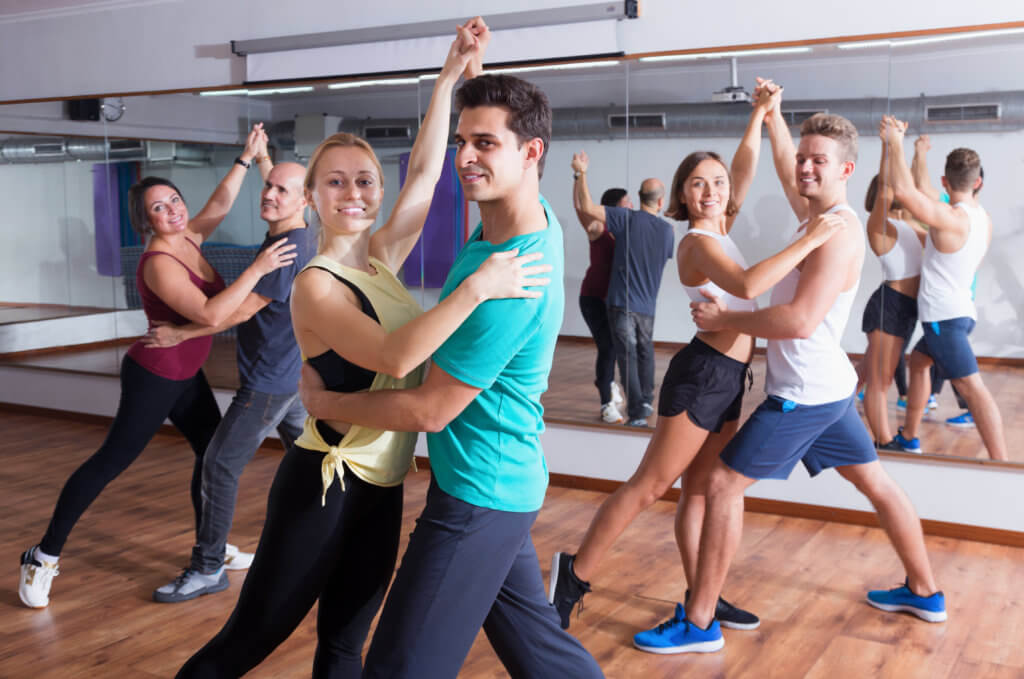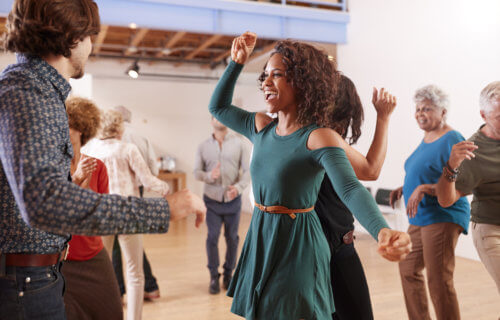EXETER, United Kingdom — It turns out that Billy Idol’s “Dancing with Myself” isn’t the best advice for boosting mental health — but dancing with others is! A new study is confirming the effectiveness of group-based performing arts therapies when it comes to easing symptoms of anxiety and depression.
The research examined the impact of these therapies on symptom severity, overall well-being, quality of life, functional communication, and social participation. The study included 669 participants from nine different countries, all diagnosed with anxiety and/or depression.
Five main forms of performance art were covered: dance therapy, music therapy, art therapy, martial arts-based therapies, and theater, with dance being the most extensively studied.
Researchers reviewed 171 studies conducted between 2004 and 2021, from which they selected 12 for further analysis. Among these studies, the severity of anxiety and depression were the most commonly explored outcomes. A quarter of the studies investigated well-being aspects, such as life satisfaction and the ability of the arts to enhance social interaction skills. Only two studies examined quality of life, and none explored the impact on everyday communication.

In the United States, more than one in five adults live with some form of mental illness, according to the Centers for Disease Control and Prevention. One in five teens have also dealt with a seriously debilitating mental illness at some point in time.
Five studies investigated the impact of dance on mental health, and all found significant improvements in depression and anxiety levels. The three studies exploring the benefits of art therapy, including clay art therapy, also observed significant reductions in anxiety and depression levels.
While the results point to the promise of performing arts therapies, there is ample scope for further research and development in this field.
“Anxiety and depression are major global health challenges, for which we desperately need non-drug treatments that reduce symptoms. Our review found real promise across a range of studies – but this field of research has stagnated,” says Dr. Max Barnish, the study’s author from the University of Exeter Medical School, in a media release. “We now need researchers to work across the performing arts to compare group therapies to each other, so we can establish which type of activity is most effective in reducing symptoms.”
The study is published in the journal BMJ Open.
You might also be interested in:
- It really is ‘all about that bass’ — science proves low frequencies fill up the dance floor
- Dancing queens: Study reveals why women own the dance floor
- Mental health wrist monitor? Smartwatches and Fitbits using AI can track emotional well-being
South West News Service writer Alice Clifford contributed to this report.

